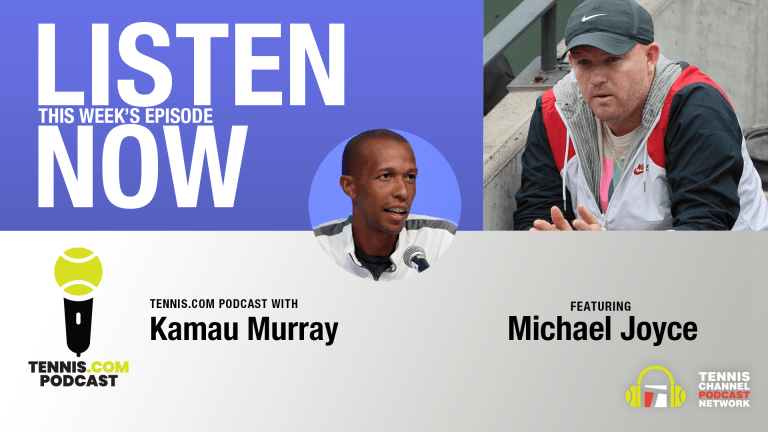In 2003, Michael Joyce was at a stage in his life that is all too common on the professional tennis circuit. A respectable career was just about behind him, but the majority of his life was in front of him.
So what's next for a 30-year-old with serious game & even more serious knowledge? Joyce caught the coaching bug, and unbeknownst to him at the time, wound up paired with one of the faces of women's tennis for a generation. He was ending one career and starting another in southern California, where he began hitting with a young Russian girl with a ton of potential.
"When I started to travel with her (Maria Sharapova), I was her coach but I was almost like a big brother in a way," the Los Angeles native recalled.
And so began a partnership that would revolutionize the game, and change the way we look at athlete's as brand ambassadors off the court.
